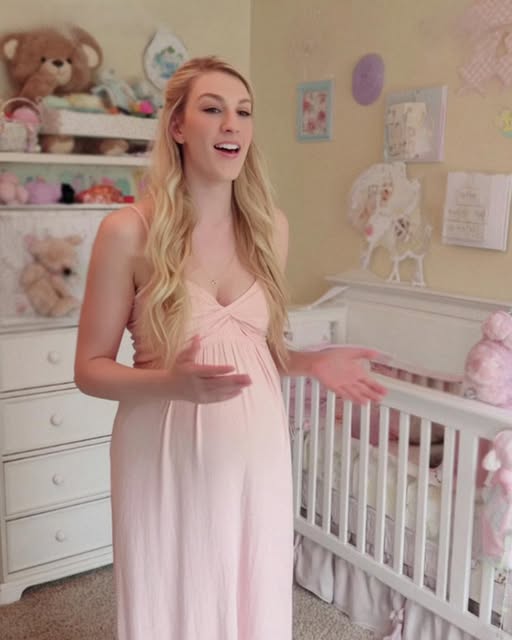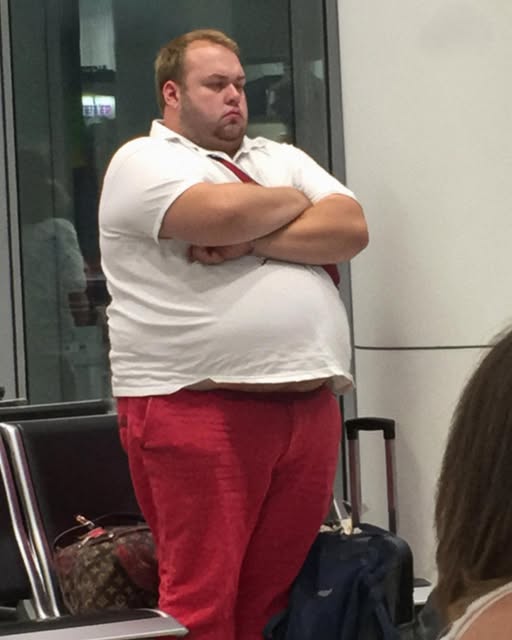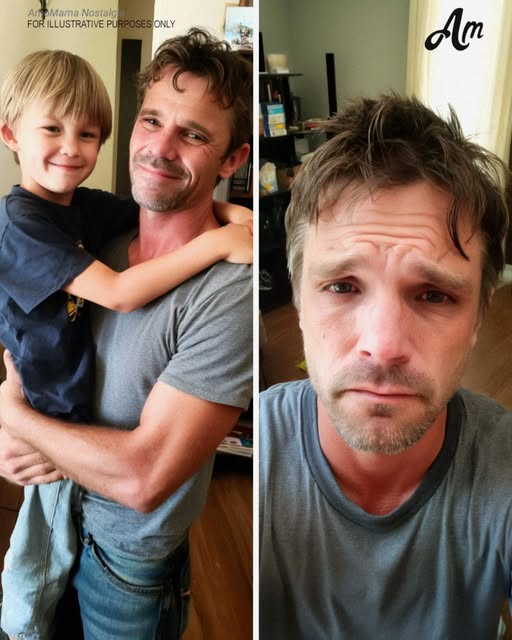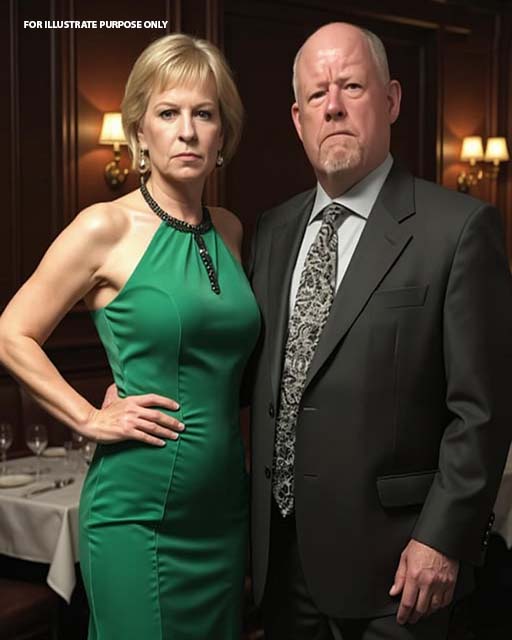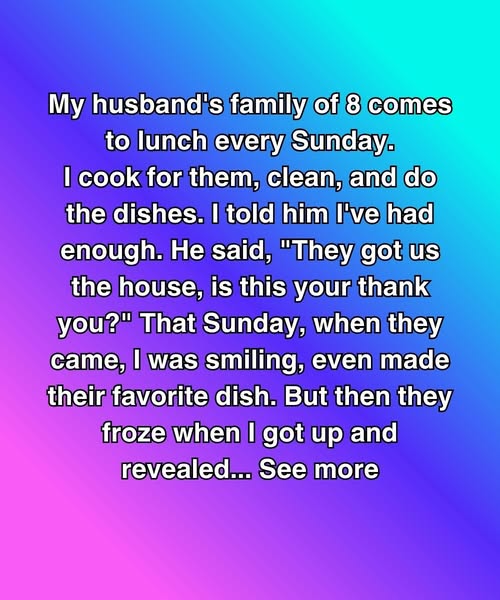I’m Ruby, 31, and I’m trying not to fall through the floor of my own life.
Nine years married to Victor, four pregnancies, four losses. The last one was thirty-one weeks—stillness where there should’ve been a cry. The doctor said “miscarriage,” like a softer word could blunt a blade. It didn’t. Grief sits in my bones like winter.
Two weeks later, his little sister showed up on our porch with a duffel and a swollen face. Violet is twenty-one—soft cheeks, bitten nails, a belly just starting to round.
“He left,” she whispered. “The minute I told him I was pregnant. I don’t have anywhere to go.”
Victor didn’t even look at me. He just opened the door wider and folded her into his chest. I nodded her in because compassion is muscle memory—I know what it is to be alone in a body that terrifies you.
At first, it almost felt like mercy had walked in wearing Violet’s shoes. We watched old sitcoms at midnight, laughing until the laugh broke and we cried into a shared bowl of ice cream—hers with olives, mine with peanut butter. Sometimes she sobbed so hard she shook, and I rocked her the way I imagined I would have rocked my child. “You’re not alone,” I kept saying. I wanted it to be true for both of us.
But healing on a crack is still a crack.
I am obsessive about my house. It’s the one thing I built with my two hands: full-time job, freelance weekends, coupons and secondhand, paint under my nails, plants I coaxed into thriving. I bought it before Victor. Every corner holds a choice I made when no one was looking, the one small, ordered country where my nervous system can unclench. If my body can’t be a safe place, my home is.
Violet is chaos in a crop top. Within a week, towels lay molting on chair backs, dishes sweated rings onto wood, damp socks collapsed on the coffee table where my tea goes. I kept choosing gentleness.
“Vi, love, can you be a little more mindful? I need the house tidy to breathe right now.”
Her eyes flooded. “I’m sorry. I’m so tired. I’ll do better.”
Promises made through tears dissolve faster than tissue in water. The mess grew back overnight.
Then came the quiet demands. A laundry basket left in the hall. “You don’t mind, right? I’m exhausted.” A text at 4 p.m.: lemon chicken “extra creamy” because “it’s what the baby wants.” Dishes abandoned half-eaten like I was living with a very needy ghost. I said yes because women are trained to speak fluent guilt. While Violet napped, I wrote emails, ran a household, and scrubbed plates I never used. My grief bloomed mold-dark in the corners.
One night, elbows deep in greasy water, I stared at three plates I hadn’t eaten from and thought, I carried a child to thirty-one weeks and laid them down with no breath, and somehow I am scraping ketchup off a life I don’t even get to live. Where do I get to fall apart?
When Victor came home, I said it flat: “She’s taking advantage. I can’t be her maid.”
He sighed into the key bowl, that deep, exhausted exhale he uses when he’s already defending himself. “She’s pregnant, Rubes. Maybe caring for her will help you channel your grief. It might make you feel better.”
“Folding her underwear is therapy now?” I asked. “I buried our baby. And you think meal requests are my healing?”
He said he didn’t mean it like that; he also didn’t volunteer to do any of it. The silence between us filled the hallway.
Then the food thing.
Since the stillbirth, food tastes like cardboard. One thing goes down—the cheap powdered mac and cheese in the silver tray. I labeled it and said it out loud, forehead to forehead with Violet: “Please don’t touch this. It’s the only thing I can eat.”
Two days later, the freezer was a white mouth with nothing in it. The empty tray smiled up from the trash.
“She ate it,” I told Victor, the minute he walked in.
“Ruby, it’s just food. She’s pregnant,” he said, shrugging his lunch bag down. “She probably needed it.”
“It was the only thing I could stomach,” I said. “I asked. You heard me ask.”
He rubbed his temples. “Life’s about sacrifices. Can you be less selfish for once?”
Selfish wedged in my ribs like glass.
“You two are the nightmare roommates people post about on Reddit,” I said. He didn’t even blink.
Then came the baby shower. She planned it. I found out when strangers in floral dresses walked into my house carrying gifts. Victor kissed my hair. “Please. Be gracious. You’ll regret it if you don’t try.”
So I poured punch and smiled until my face trembled. I clapped when she opened a mountain of pink. I focused on breathing around the party balloons. I told myself I’d earned a quiet cry later.
Victor clinked a glass. “We’d love to show you the nursery!”
The word hit like a stone. I climbed the stairs with the herd. And there it was: my nursery.
The room I painted a soft cream because hope made me superstitious. The crib corner I had measured three times. The white curtain rods now hung with blush. My shelves, my books—rearranged into a life that wasn’t mine.
“How dare you,” I said, small at first, then solid. “How dare you use my nursery.”
The room went glassy. Violet’s smile faltered, then hardened.
“It’s not my fault you couldn’t carry a baby,” she said, a shrug in her voice. “Why let a room go to waste? You’re so selfish.”
The world tilted. I heard a sound and realized I was the one keening. I dropped to my knees in the doorway, pushed Victor away when he reached for me, and said the first honest thing I’d said in months.
“Pick.”
His mouth opened. Nothing came out. I asked again. Same silence.
I shoved through perfume and pity and slammed the nursery door. For a while I held it shut with my back and sobbed in a way that scared me. That room used to hold a future. Now it felt like a crime scene.
After the guests left, I found Violet sobbing theatrically into Victor’s chest while he rubbed gentle circles on her spine.
“Get out,” I said. “Both of you.”
She gaped. “I’m pregnant. Where am I supposed to go? You’re heartless.”
“This is my house,” I said. “I bought it. I made it safe. And I can decide who lives here.”
“Marriage isn’t throwing each other out when it’s hard,” Victor said.
“Marriage is partnership. I’m a ghost in my own home,” I said. “I won’t haunt it for you.”
They left with slammed doors and mutters. I shook until I couldn’t.
In the morning, Victor was on the porch, eyes red, hands shaking. “I want to fix this. I don’t want to lose you.”
For a second, I felt the old softness. Then he said, “Maybe she was right. Maybe none of this would’ve happened if you hadn’t lost our babies. You’re the selfish one. You always have been.”
My hand moved before my brain did. The crack of palm on cheek shocked me back into my body. I hated that I did it, and also, I don’t know that I wouldn’t do it again.
He reeled, then something ugly uncoiled in him. He shoved past me and tore into the bathroom—swept my makeup to the floor, ripped art off the wall, punched a hole in the plaster. Rage poured out like he’d been saving it for years.
“Stop,” I shouted. “You don’t get to break me and the house.”
He kept going until the threat in my voice finally landed. He slammed the door hard enough to rattle the windows and was gone.
I slid down the hallway wall and stared at the ceiling because crying felt like drowning.
Then I called my mother. We aren’t close in the daily, chatty way. I didn’t know who else to call.
She arrived thirty minutes later, wrapped me in her familiar perfume, and let me shake. Then she took out her phone and started photographing the wreckage.
“What are you doing?” I asked.
“Documenting,” she said. “You’re divorcing this man. And we’re going to make sure the damage—emotional and physical—doesn’t get to pretend it never happened.”
I didn’t argue. I packed a bag. She called a locksmith. By nightfall, my keys worked and his didn’t.
I wish this ended with an apology card tucked in a bouquet, with Violet handing me a pink, fresh miracle while Victor and I stitched ourselves back together. That’s not the story I got. My reality is that grief breaks marriages as cleanly as it breaks bodies. Sometimes the last straw isn’t a straw at all—it’s every dismissal, every invasion, every “Relax” that taught me I was an accessory in my own home.
The unthinkable choice wasn’t really a choice by the time it arrived. It was me, finally stepping out of the ghost costume. It was me, choosing not to disappear.
